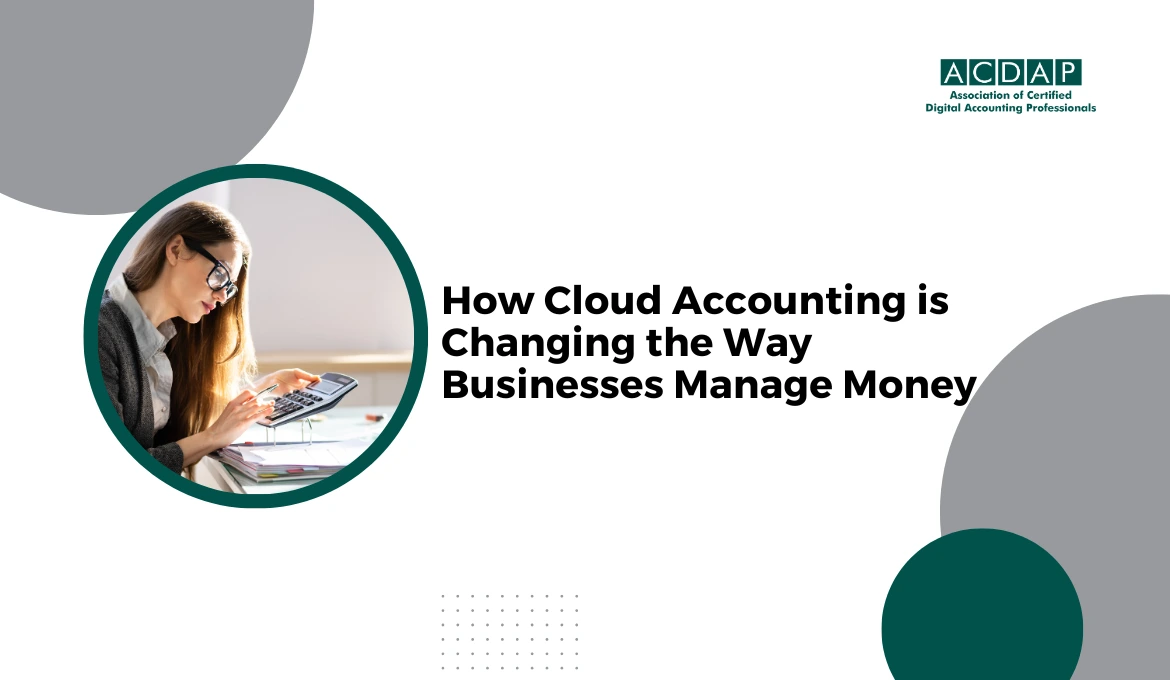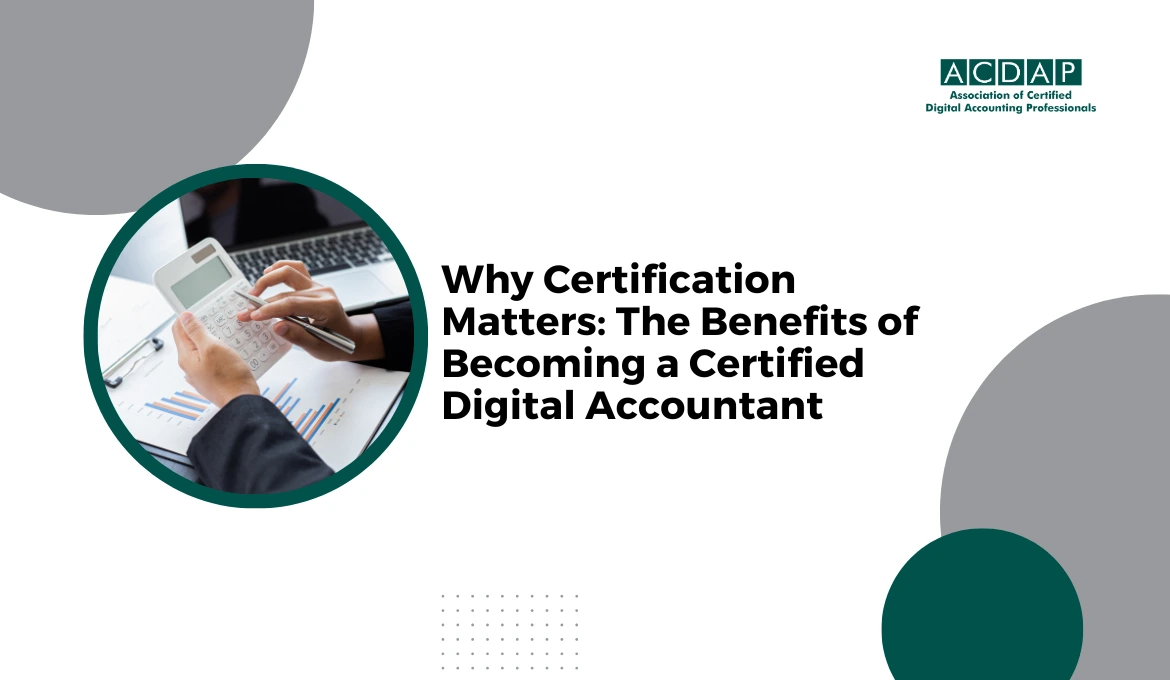In today's dynamic business landscape, efficiency is paramount for organisations looking to stay competitive and thrive in their respective industries. One powerful tool that businesses can leverage to enhance efficiency is digital accounting.
Digital accounting encompasses a range of technologies and practices aimed at streamlining financial processes, automating tasks, and providing real-time insights.
In this blog, we'll explore how various industries can unlock efficiency by harnessing the power of digital accounting, the benefits it offers, and strategies for successful implementation.
The Impact of Digital Accounting across Industries
Digital accounting has transformed the businesses managing finances ways across various industries, including:
- Retail: In the retail sector, digital accounting facilitates inventory management, sales tracking, and financial reporting. By integrating point-of-sale (POS) systems with accounting software, retailers can automate transaction recording, monitor inventory levels in real time, and analyse sales trends to optimise pricing and promotions.
- Manufacturing: Digital accounting streamlines cost accounting, production tracking, and supply chain management for manufacturers. By implementing enterprise resource planning (ERP) systems, manufacturers can synchronise financial data with production processes, manage inventory levels efficiently, and track the costs of raw materials and labour to improve profitability.
- Healthcare: In the healthcare industry, digital accounting helps providers manage billing, claims processing, and revenue cycle management. By automating claims submissions, verifying patient eligibility, and tracking reimbursement rates, healthcare organisations can reduce billing errors, accelerate revenue collection, and improve cash flow management.
- Hospitality: Digital accounting enables hotels, restaurants, and other hospitality businesses to manage bookings, track expenses, and analyse revenue performance. By integrating property management systems (PMS) with accounting software, hospitality businesses can automate guest billing, manage room occupancy, and generate financial reports to monitor profitability.
- Professional Services: Digital accounting supports financial management, project tracking, and client billing for professional service firms such as law firms, consulting agencies, and marketing companies. By leveraging time-tracking software, professional service firms can accurately bill clients for billable hours, track project expenses, and analyse profitability by client or project.
Benefits of Digital Accounting across Industries
Embracing digital accounting offers numerous advantages for organisations across industries:
- Increased Efficiency: Digital accounting automates routine tasks, reduces manual data entry, and streamlines workflows, saving time and improving productivity.
- Enhanced Accuracy: Digital accounting improves the accuracy of financial records and reporting by minimising human error and ensuring data integrity.
- Real-Time Insights: Digital accounting platforms provide real-time financial data and analytics access, enabling informed decision-making and proactive management.
- Cost Savings: Digital accounting helps businesses save money by eliminating paper-based processes, reducing administrative overhead, and optimising resource allocation.
- Improved Compliance: Digital accounting solutions often have built-in compliance features and audit trails, helping organisations adhere to regulatory requirements and mitigate risk.
Strategies for Successful Implementation
To successfully implement digital accounting across industries, organisations can follow these key strategies: Invest in the Right Tools, Provide Training and Support, Foster Collaboration, Prioritise Data Security, and Monitor Performance and Adapt. These steps will ensure a smooth transition and maximise the benefits of digital accounting.
- Invest in the Right Tools: Choose digital accounting software that aligns with your industry needs, size, and budget. Consider factors such as scalability, integration capabilities, and user-friendliness when selecting a solution.
- Provide Training and Support: Invest in training programs and resources to ensure employees are proficient in digital accounting tools. Offer ongoing guidance and support to help staff adapt to new technologies and workflows.
- Foster Collaboration: Encourage collaboration between finance teams, IT departments, and business stakeholders to ensure alignment between accounting processes and organisational objectives.
- Prioritises Data Security: Implement decisive cybersecurity measures to secure sensitive financial data from cyber threats and breaches. Utilise encryption, access controls, and regular audits to safeguard against unauthorised access and data loss.
- Monitor Performance and Adapt: Regularly monitor the performance of your digital accounting systems and processes. Gather user feedback, identify improvement areas, and adapt your approach to optimise outcomes continually.
Conclusion
Digital accounting has emerged as a powerful tool for unlocking efficiency and driving industry success. By embracing digital accounting practices, organisations can streamline financial processes, improve accuracy, and gain valuable business insights.
By investing in the right tools, providing comprehensive training and support, fostering collaboration, prioritising data security, and monitoring performance, organisations can successfully harness the power of digital accounting. These strategies are not just steps, but a roadmap to guide and support your organisation in achieving its business objectives and thriving in today's competitive landscape.
As digital technologies evolve, organisations that embrace digital accounting will be well-positioned to adapt to change, drive innovation, and achieve long-term success.


























